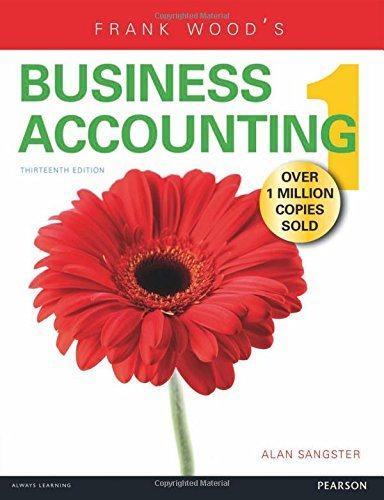












Stewart Enterprises has the following investments, all purchased prior to 2018. Stewart does not intend to sell any of these investments and does not believe it is more likely than not that it will have to sell any of the bond investments before fair value recovers. Required: For each investment, prepare the appropriate adjusting journal entries to account for fair value changes during 2018 and 2019, assuming that each investment is viewed as qualifying as an other-than-temporary (OTT) impairment as of December 31, 2018, and then is accounted for normally during 2019 (with no additional OTT impairment in 2019). Do not net any entries. (If no entry is required for a transaction/event, select "No journal entry required" in the first account field.) 1. Bee Company 6% bonds, purchased at face value, with an amortized cost of $4,760,000, and classified as held to maturity. At December 31, 2018, the Bee investment had a fair value of $3,690,000, and Stewart calculated that $620,000 of the fair value decline is a credit loss and $450,000 is a noncredit loss. At December 31, 2019, the Bee investment had a fair value of $3,890,000, and Stewart calculated that $330,000 of the difference between fair value and amortized cost was a credit loss and $540,000 was a noncredit loss. 2. Oliver Corporation 5% bonds, purchased at face value, with an amortized cost of $3,070,000, classified as a trading security. Because of unrealized losses prior to 2018, the Oliver bonds have a fair value adjustment account with a credit balance of $390,000, such that the carrying value of the Oliver investment is $2,680,000 prior to making any adjusting entries in 2018. At December 31, 2018, the Oliver investment had a fair value of $2,390,000, and Stewart calculated that $310,000 of the difference between amortized cost and fair value is a credit loss and $370,000 is a noncredit loss. At December 31, 2019, the Oliver investment had a fair value of $3,460,000. 3. Jones Inc. 7% bonds, purchased at face value, with an amortized cost of $4,070,000, and classified as an available-for-sale investment. Because of unrealized losses prior to 2018, the Jones bonds have a fair value adjustment account with a credit balance of $590,000, such that the carrying value of the Jones investment is $3,480,000 prior to making any adjusting entries in 2018. At December 31, 2018, the Jones investment had a fair value of $2,890,000, and Stewart calculated that $320,000 of the difference between amortized cost and fair value is a credit loss and $860,000 is a noncredit loss. At December 31, 2019, the Jones investment had a fair value of $3,280,000, and Stewart calculated that $220,000 of the difference between amortized cost and fair value is a credit loss and $570,000 is a noncredit loss. Complete this question by entering your answers in the tabs below. Required 1 Required 2 Required 3 Bee Company 6% bonds, purchased at face value, with an amortized cost of $4,760,000, and classified as held to maturity. At December 31, 2018, the Bee investment had a fair value of $3,690,000, and Stewart calculated that $620,000 of the fair value decline is a credit loss and $450,000 is a noncredit loss. At December 31, 2019, the Bee investment had a fair value of $3,890,000, and Stewart calculated that $330,000 of the difference between fair value and amortized cost was a credit loss and $540,000 was a noncredit loss. Show less View transaction list Journal entry worksheet 2 3 4 Record any necessary journal entry to record the credit losses. Note: Enter debits before credits. General Journal Debit Credit Date December 31, 2018 Journal entry worksheet



















